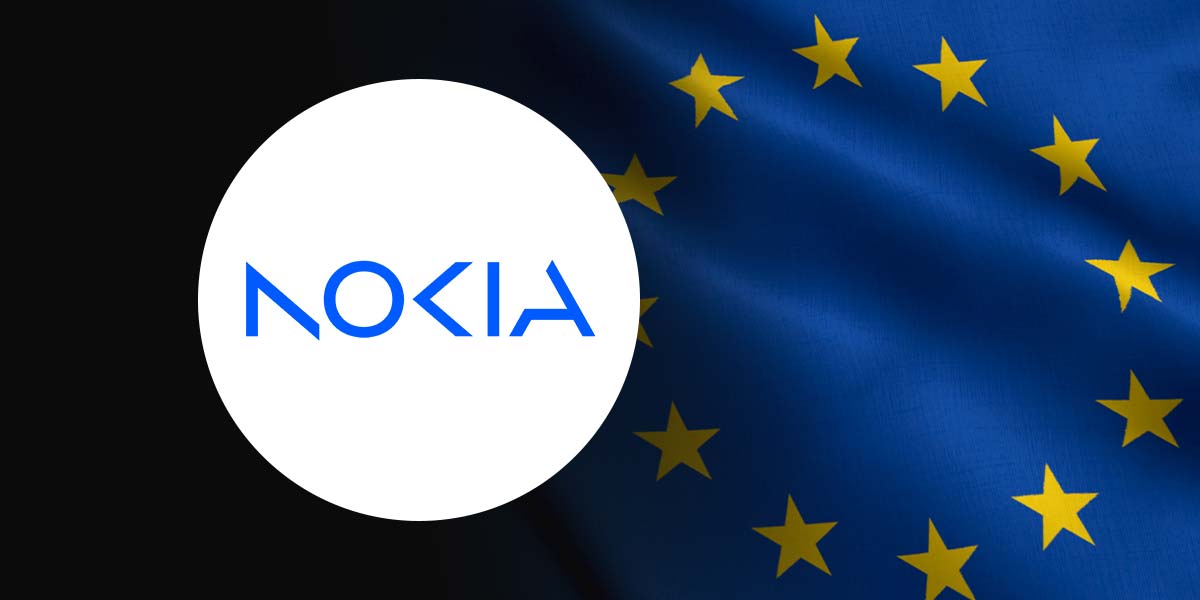A new pan-European initiative spearheaded by Nokia is setting out to deploy unmanned drones and advanced sensor systems to ramp up the protection and resilience of the continent’s key infrastructure networks.
Announced on Wednesday, the project brings together more than 42 organizations—including start-ups, leading universities, defense giants, and technology firms—amid heightened geopolitical risks underscored by Russia’s ongoing war in Ukraine.
The major partnership will focus on developing and integrating components such as laser and radar sensors onto drone platforms, many supplied by European defence contractors.
The solutions are designed to safeguard key civil assets like power grids, railways, ports, and power plants, addressing long standing EU concerns about infrastructure vulnerabilities.
Previously, the protection of the bloc critical infrastructure was not always deemed a top priority, said Thomas Eder, the project leader at Nokia, in an interview with Reuters. He noted that similar attempts had failed to secure EU support in the past, but recent events have brought a renewed urgency—and funding—to the field.
The initiative is partially financed by participating nations, companies, and the EU through its Chips Joint Undertaking programme, which also allows access for partners from non-EU countries such as Israel.
The participants involved various firms in the tech and defense sector from both European and abroad, including Nvidia, Safran, Leonardo, and Saab.
According to documents seen by Reuters, the ambitious project will initially run for three years, with an expected revenue target of EUR 90 million ($102.7 million) by 2035.
Nokia, meanwhile, is looking to deepen its activities in the defense sector, an area newly prioritized by its new CEO alongside data center and AI.
While the current project scope is aimed at safeguarding civil security infrastructure, Nokia’s Eder said the technology could eventually be deployed for dual-use—including defense—applications.





